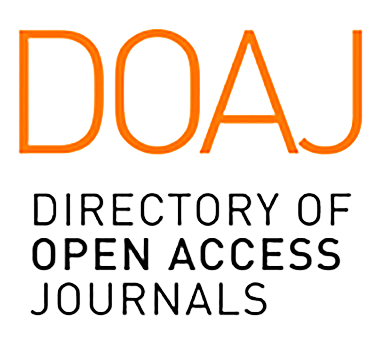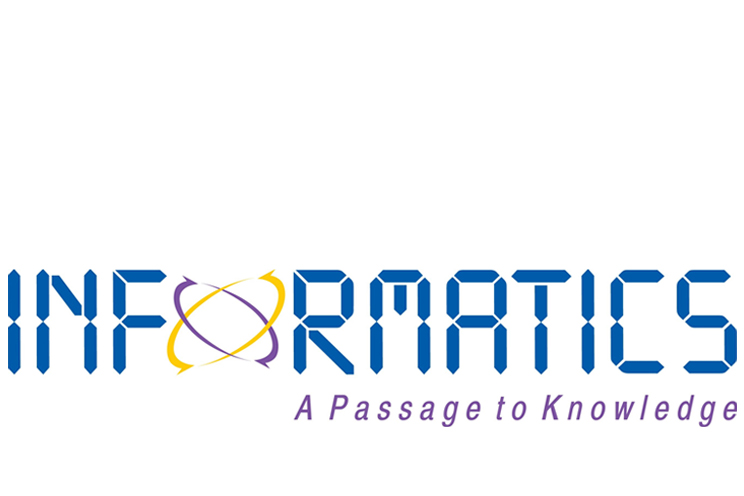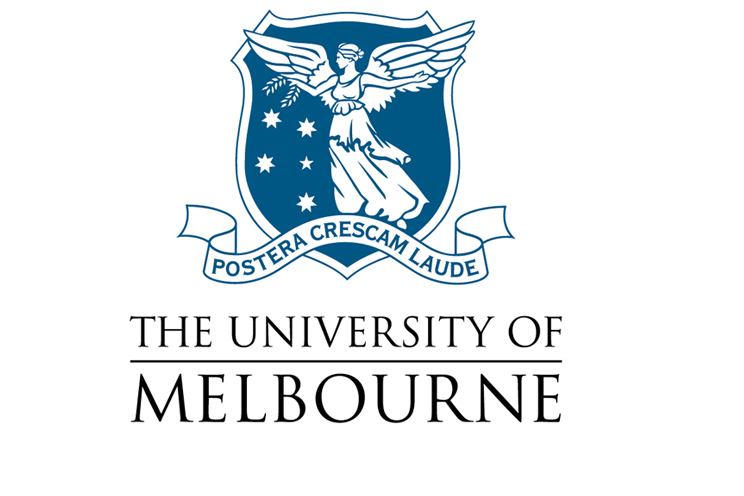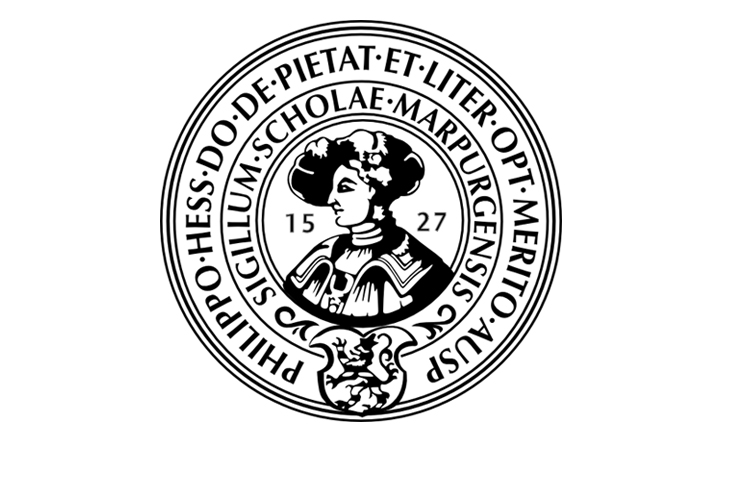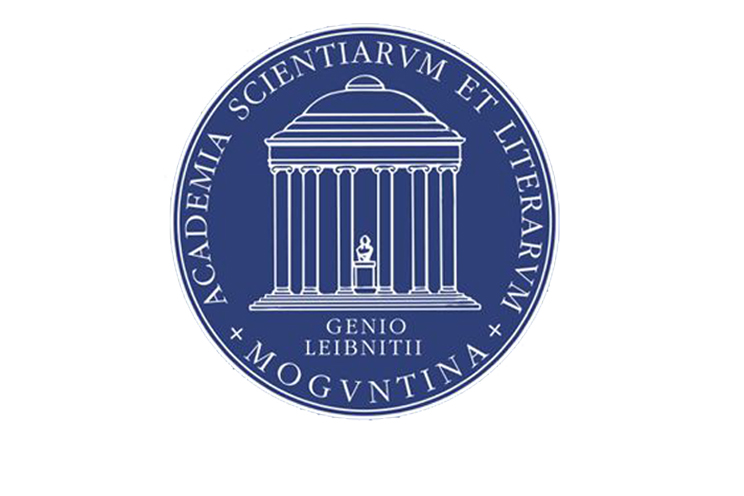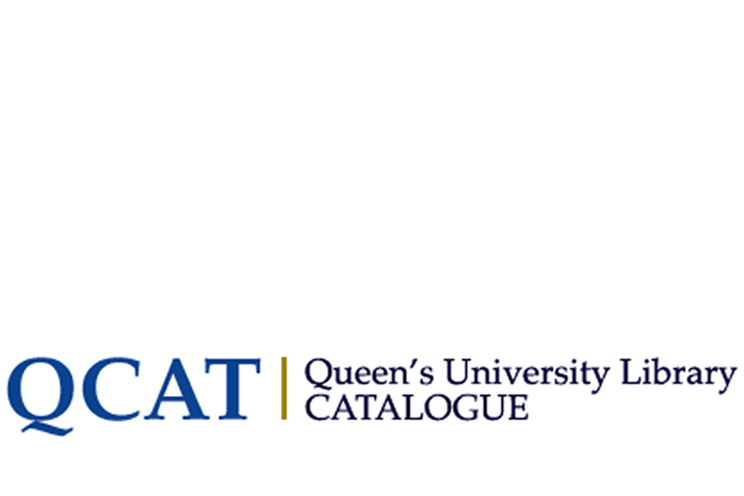Public Article
-
verified
Muslim Moralists’ Contributions to Moderation Theory in Ethics
ISSN: 2717 - 1159
Publisher: author
Muslim Moralists’ Contributions to Moderation Theory in Ethics
Indexed in
Philosophy and Religion
ARTICLE-FACTOR
1.3
Article Basics Score: 3
Article Transparency Score: 2
Article Operation Score: 2
Article Articles Score: 3
Article Accessibility Score: 2
SUBMIT PAPER ASK QUESTION
International Category Code (ICC):

ICC-1602
Publisher: The Journal Of Ethical Reflections University Of Zanjan
International Journal Address (IAA):

IAA.ZONE/271786551159
eISSN
:
2717 - 1159
VALID
ISSN Validator
Abstract
Originally introduced by Plato and Aristotle, Moderation Theory in Ethics is the most prevalent theory of ethics among Islamic scholars. Moderation Theory suggests that every virtue or excellence of character lies in the mean between two vices: excess or defect. Every ethical virtue comes from moderation in actions or emotions and every ethical vice comes from excess or defect. This paper suggests that while Islamic scholars have been influenced by this doctrine, they have also developed and re-conceptualized it in innovative ways. KindÄ«, Miskawayh, Avicenna, RÄghib IsfahÄnÄ«, NasÄ«r al-DÄ«n ṬusÄ«, and others are among the Islamic contributors to the subject. Some of their innovations in this theory are as follows: bringing together Aristotle's doctrine of the mean with Plato's psychology (by KindÄ«), dividing virtues into four higher genuses, dividing vices into eight higher genuses, setting various kinds of vices and virtues un...

